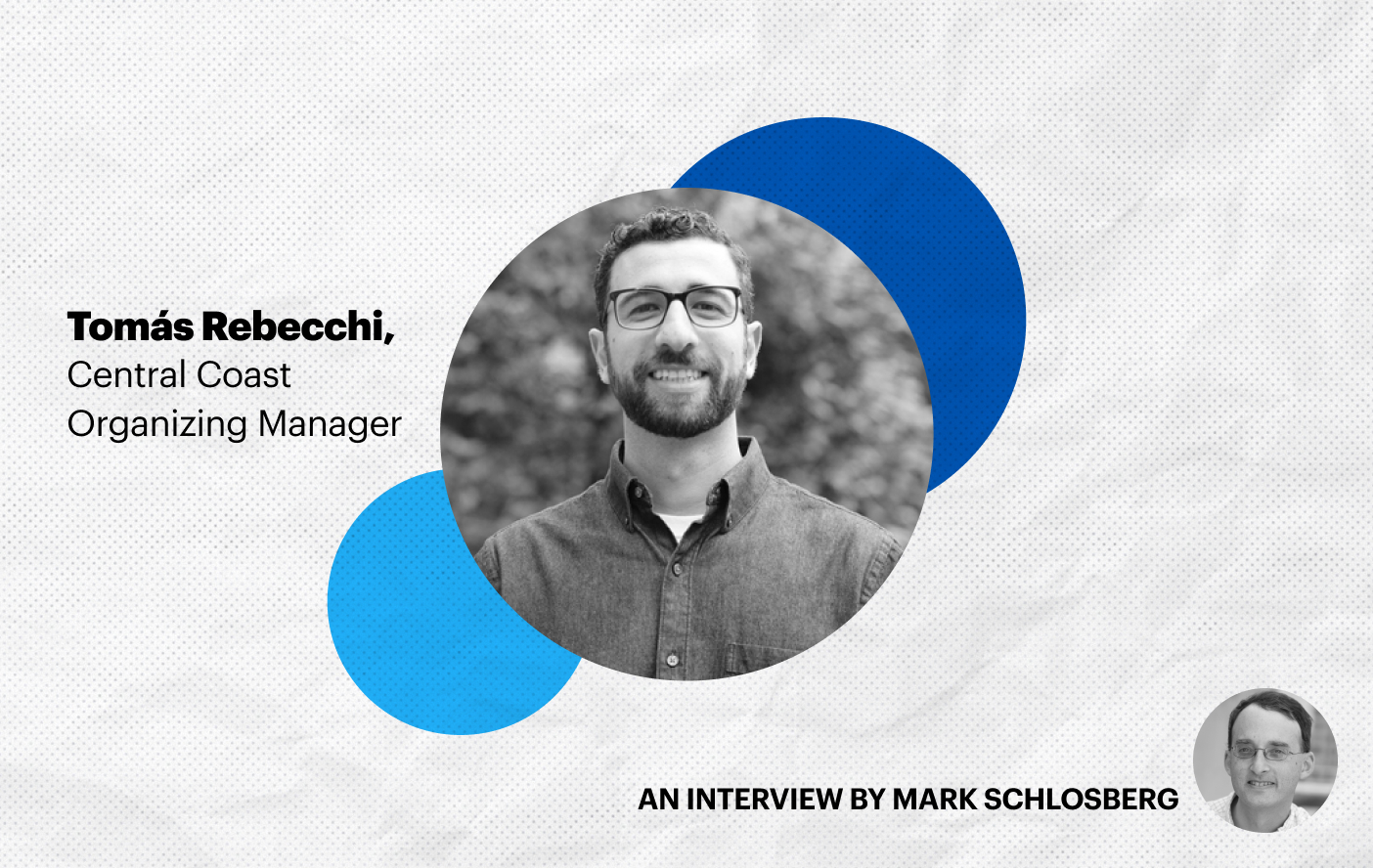ClimateDemocracyNews & Opinion
by Santosh Nandabalan
Eight years ago, New York banned fracking — yet the state is still stalling measures to end its addiction to fracked gas. Despite the Democratic supermajority in our State Senate and Assembly, New York has repeatedly ignored the bills needed to meet state renewable energy goals. It is not mandating all-electric buildings, building public renewable energy or funding a just transition to a clean energy economy. Instead, year after year, our state government sides with real estate developers, private utilities and the fossil fuel industry.
NY State Assembly Blocks Climate Action
This year, the real obstacle to climate action was the New York State Assembly. For example, the All-Electric Building Act would have moved new buildings off dirty fossil fuels. Additionally, the Build Public Renewables Act would ramp up our renewable energy capacity. These bills are crucial to enforce our state’s climate law and make a dent in the oncoming climate crisis. The bills gained momentum and support in the State legislature, but failed to pass in the Assembly. Despite plenty of support from the public and from elected officials, neither bill reached Governor Hochul’s desk for signature.
As a result of this continued inaction, New Yorkers will suffer more pollution and face greater climate change risks. And it’s all because Assembly Speaker Carl Heastie refused to bring these bills to the floor for a vote. If our assembly members couldn’t get these bills passed this year, it’s not because they aren’t hearing from us — it’s because they’re not listening.
Climate Can’t Wait And Neither Can Our Legislators
This past year, Food & Water Watch built support for climate bills by lobbying elected officials to co-sponsor them. We targeted key leaders, like Governor Hochul, through mass constituent calls and repeated rallies outside offices and at public events. When New York prepared to finalize its annual budget, we had Senate and Governor support for the All-Electric Building Act’s goals. However, the Assembly stood in the way of passing it. The same goes for the Build Public Renewables Act — though it passed the Senate, the Assembly refused to touch it.
It became clear that so long as the same business-as-usual politicians had power in the Assembly, we could not win the bills we needed. Entrenched assembly members like Kevin Cahill in the Hudson Valley dodged meetings with us. He refused to stand up for these bills while delivering empty rhetoric on climate change. But his constituents weren’t having any of it.
When this year’s legislative session ended, we were ready to pivot. For months, we prepared to replace the dead weight in Albany with real climate activists. If we could get another one of us into office, they could organize from within the Assembly to ensure that climate bills pass.
When Our Politicians Can’t Get The Job Done, We Elect New Ones
This is where Food & Water Action’s electoral work comes into play. By endorsing and joining statewide campaigns to elect climate champions, we can uplift new candidates. We get out the vote, canvas door-to-door, phone bank and more.
In the Hudson Valley, climate activists Sarahana Shrestha and Vanessa Agudelo led the successful fight against the Danskammer fracked gas plant. Both advocated for Public Power and a Gas-Free New York on the campaign trail. In New York City, Illapa Sairitupac, a longtime activist fighting fossil fuel infrastructure, ran to do the same. The cards were stacked against all three candidates. They challenged both well-funded, Democratic establishment picks and right-wing interests that spent enormous sums of money on false smear campaigns.
In the waning months of the legislative session, current assembly members dithered and delayed climate action bills. Meanwhile, Food & Water Action joined these candidates’ campaigns to get them into office — one door, one phone call and one conversation at a time.
A Big Win For Climate In The Hudson Valley
Once the dust had settled on election night, a lot of status quo Democrats trotted easily into office again. The climate movement, however, was hyper-focused on the New York Assembly. We knew we had to show Speaker Carl Heastie there were consequences for climate inaction and get another fighter on our side in Albany. Of our three endorsed candidates, Shrestha emerged victorious. She toppled sitting assembly member Kevin Cahill, a 26-year incumbent backed by corporate interests and the Democratic Party machine. And perhaps more importantly, she won a district with significant rural areas that hadn’t seen strong climate leadership until now.
With Shrestha’s victory in the Hudson Valley, we can win tangible, concrete climate measures this upcoming session. That includes the vital Build Public Renewables and All-Electric Building Acts. But these bills are just the beginning. We must keep electing the right people who will get the job done for New Yorkers and all of us nationwide.
Many large environmental groups don’t do this kind of electoral work, especially during the primaries. But to win a clean energy future, we need to reach out to more voters, primary more status-quo candidates and demand real climate action, now. Food & Water Action will continue the fight to move off fossil fuels. We will always work to elect politicians who will meet this moment and organize for the future we deserve.
Next up: the general election.
To build this momentum in the midterms, we need your support.


